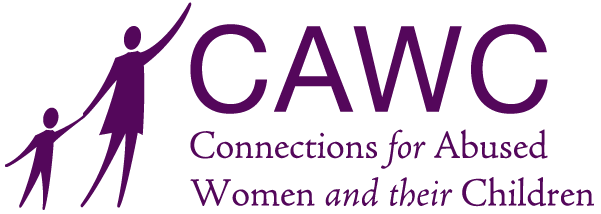January marks National Stalking Awareness Month, a critical time to shed light on a pervasive and often misunderstood form of abuse. Stalking is a pattern of repeated, unwanted attention and contact by a person that causes fear or concern for one’s safety, and it affects millions of people in the United States each year. One in three women have experienced stalking. Recognizing the signs of stalking and knowing the resources available are essential steps in addressing this issue.
What Is Stalking?
Stalking can manifest in various forms, including physical surveillance, unwanted phone calls, messages, or gifts. It’s also increasingly committed through digital means like social media or email, known as cyberstalking. It’s a unique crime, as it comprises a series of actions that, taken individually, sometimes seem benign, but when combined, create a persistent and terrifying presence in the victim’s life.
The Importance of Awareness
Awareness of stalking is crucial, particularly due to its connection to domestic violence. In many cases, stalking behaviors are a continuation of abuse from a current or former intimate partner. This connection underscores the importance of understanding stalking as part of the broader spectrum of intimate partner violence.
Strategies and Resources for Stalking Survivors
If you believe you are being stalked, use the following strategies:
- • Document everything. Keep a record of all incidents, including dates, times, and descriptions of the stalking behavior. This documentation can be crucial for law enforcement to understand the pattern of behavior.
- • Seek support. Reach out to friends, family, or professionals who can offer support and advice. Organizations like the Stalking Prevention, Awareness, and Resource Center (SPARC) and Connections for Abused Women and Their Children (CAWC) provide resources and guidance for stalking victims.
- • Do safety planning. Develop a safety plan, which may include changing routines, securing your home, and having a plan for emergency situations. Local domestic violence agencies often provide safety planning assistance.
- • Use technology wisely. Be cautious with your digital footprint. This may include enhancing privacy settings on social media, securing your devices, and being aware of any potential digital surveillance.
- • Report stalking to law enforcement. Reporting stalking to law enforcement is a critical step. They can provide protection, investigate the stalking behavior, and take legal action if necessary.
- • Seek legal protection. Consider seeking a restraining order or other legal protections. Laws vary by state, but many have specific statutes regarding stalking.
Protect Yourself and Others From Stalking With CAWC
At Connections for Abused Women and Their Children (CAWC), we believe that everyone has a right to a life free of violence. Our mission to end stalking and domestic violence is rooted in education, service, and advocacy. In addition to working toward broader social change, we provide empowerment-based and trauma-informed support in the form of shelter, counseling, and advocacy to individuals affected by domestic violence and their children.
If you or someone you know is being stalked or struggling with domestic violence, don’t hesitate to call our 24-hour hotline at (773) 278-4566. We offer legal advocacy services and can help you get an Order of Protection or restraining order.
Learn more about domestic violence and how you can stop it by signing up for our Kitchen Table Conversations webinars.
